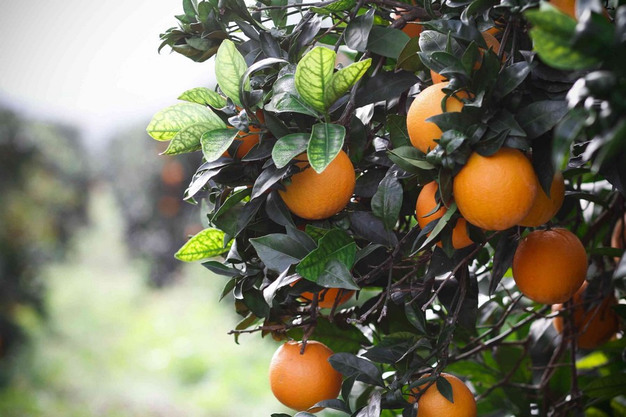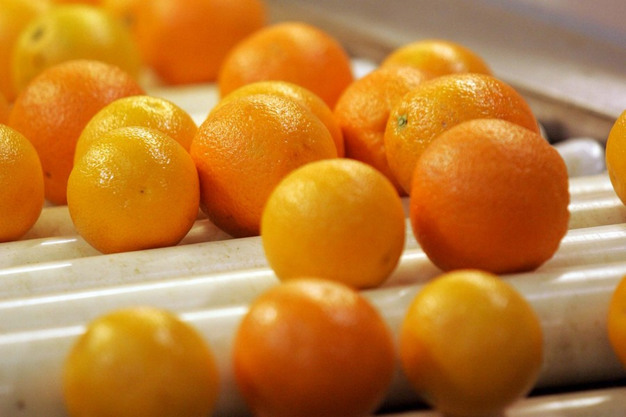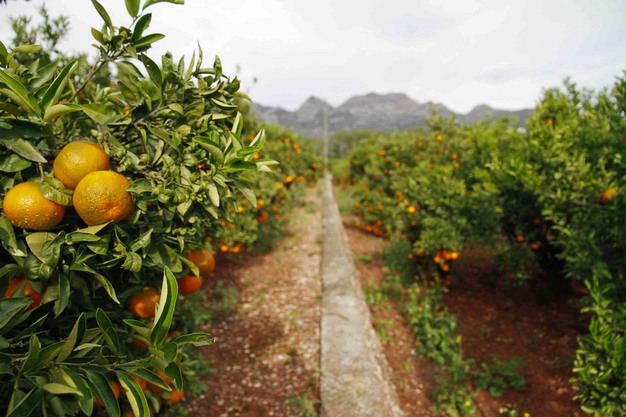Orange trade remains active in the fields of Spain's Valencian Community, with stable prices in a period in which harvests have been temporarily slowed down by rainfall. "The season is going quite well both in the fields and in citrus marketing, with stable and, above all, acceptable price levels," says Víctor Fuster, of Germans Fuster. "A very important factor this year is that juice prices remain stable on an international level, as this is helping ensure that fresh market prices are not plummeting at critical moments in the season."

"Also, the demand has been quite good both in the first part of the season and in this second half. Despite the slowdown that always takes place in February, consumption and demand are still good," he says.
 "Our sales can be strongly affected by the cheap fruit imported from other origins, mainly from Egypt; however, up until now, the volume of Egyptian fruit arriving in Europe has been considerably lower than in previous seasons. What we are seeing, and this is really affecting us, is that European supermarkets are once again implementing aggressive pricing policies and using citrus as bait to attract consumers, making it very hard for all links in the value chain to get their fair share," says Víctor.
"Our sales can be strongly affected by the cheap fruit imported from other origins, mainly from Egypt; however, up until now, the volume of Egyptian fruit arriving in Europe has been considerably lower than in previous seasons. What we are seeing, and this is really affecting us, is that European supermarkets are once again implementing aggressive pricing policies and using citrus as bait to attract consumers, making it very hard for all links in the value chain to get their fair share," says Víctor.
"You must keep in mind that the prices of a Navelina are not the same as those of a N.Lane Late and that those of a Clemenules are not the same as those of a Nadorcott, but when it comes to selling, large retailers are very inflexible and reluctant to raise prices," he says. "Also, due to strong competition between supermarkets, this kind of aggressive pricing and promotion policy is easily adopted, and the whole value chain is penalized for it."

"However, given this season's stability, we are quite optimistic about the remaining months. Moreover, despite the abandonment of farms, we are also seeing new citrus plantations. That's very exciting because it shows that growers in the Valencian Community remain committed to citrus," says Víctor.
"Last year, the situation became really tough due to competition from Egyptian citrus, a result of the blockades in the Red Sea. Not even they profited much from this, as they ended up selling their fruit at really low prices. This year, while still affected by their sales prices, our fruit is reaching adequate price levels," he says.

"We still have a great advantage, which is the superior quality of our citrus and our great dynamism. Egypt only grows Valencia oranges, which are mainly sold in 15 kg boxes, while Spanish retailers in general, and Valencian retailers in particular, offer a wide range of varieties, not just of oranges, but also of clementines and mandarins, in a wide range of formats, making it unnecessary to repack the fruit at destination, with the costs this entails. This is all carried out with ultra-efficient service and logistics, as well as super-competitive prices," says Víctor.
"At Germans Fuster, we also work with citrus fruits certified by the PGI Cítricos Valencianos, which entails an additional quality guarantee. The production of our growers is promoted as local and sustainable," says the also Vice President of the PGI Cítricos Valencianos. "This is something consumers appreciate."
 For more information:
For more information:
Germans Fuster
Ctra. Nou Accés platja, 9
46710 Daimús, Valencia, Spain
Tel.: +34 962 802 259
www.germansfuster.com
